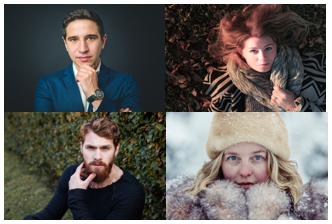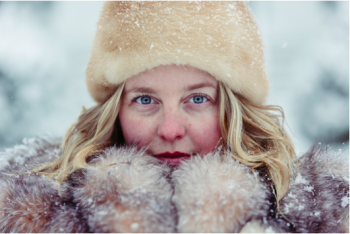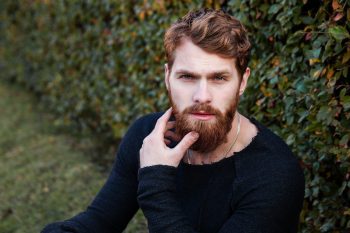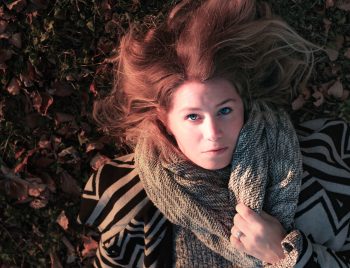Describing people in French Posted by Tim Hildreth on Jul 25, 2017 in Grammar, Vocabulary
In a previous post, I talked about the irregular French adjectives beau, vieux, and nouveau, useful for describing the relative age and attractiveness of people and things*. This week we’ll talk about ways to describe some of the physical characteristics of people.

Voilà Sophie / This is Sophie.

Volià Guillaume. / This is Guillaume (William)

Voilà Catherine. / This is Catherine.

Et voilà Christophe. / And this is Christophe (Christopher)

* Here are two more useful words that I should have included in that previous post: moche and jeune. Moche is the opposite of beau or joli. It means ‘ugly’ or ‘unattractive’. Jeune is the opposite of vieux. It means ‘young’. As they both end in ‘e’, the singular forms are the same whether you’re talking about masculine or feminine. Both take an ‘s’ in the plural form.
** You can also say that ‘Guillaume a une barbe et des moustaches’ (using the verb ‘avoir’ / ‘to have’ vs. ‘porter’), but the formulation is quite common. You can also ‘porter’ (‘wear’) des vêtements (‘clothes’) and des lunettes (‘glasses’). The verb ‘porter’ can also mean ‘to carry’.
^ ‘pull’ is short for ‘pullover’.
*** Pay attention to the difference between these two words: ‘rousse’ and ‘russe’. The first refers to a red-headed woman, the second is the female form of the adjective ‘Russian’! Of course, Chatherine could be une russe rousse! (Click below to play)
**** There isn’t a good English equivalent here. If someone has brown (or black) hair, we just say “they have brown (or black) hair”.
Image Credits:
This weeks images come from https://www.pexels.com/, a great source of royalty free, open source images.

Build vocabulary, practice pronunciation, and more with Transparent Language Online. Available anytime, anywhere, on any device.




Comments:
Melissa:
Your use of the indefinite article is incorrect.
You should say:”elle a les cheveux blonds,” not “des.” Same for the eyes.
Tim Hildreth:
@Melissa Merci, Melissa. I appreciate your catching this. I’ve updated my post. This is particularly important when you’re talking about yourself (J’ai les yeux noisettes. J’ai les cheveux bruns.)
RAUL:
Thank you very much for the new approach. Wondeful!